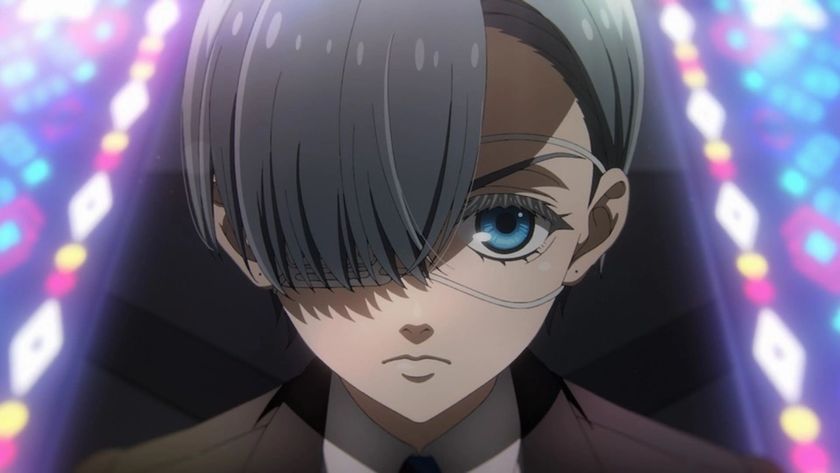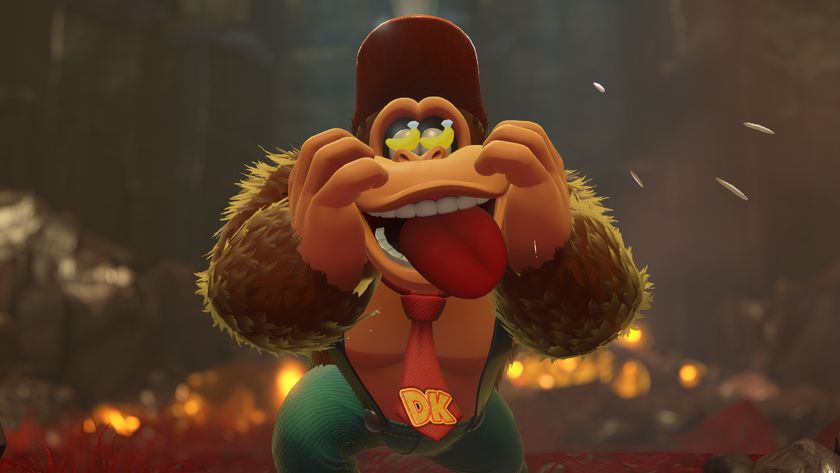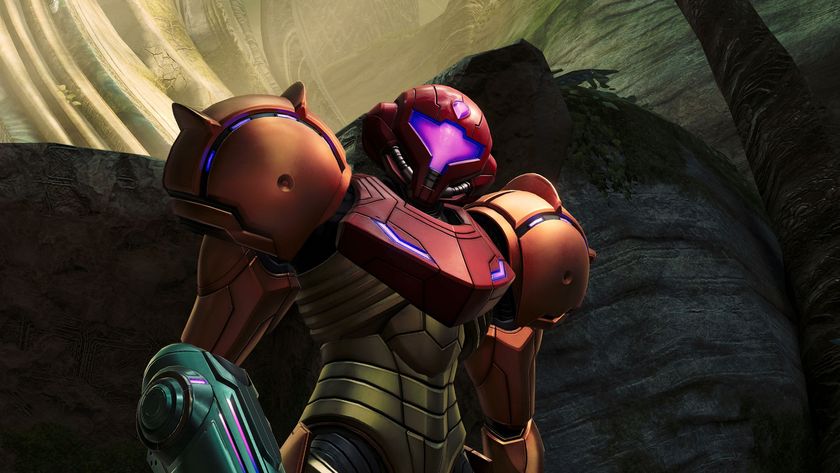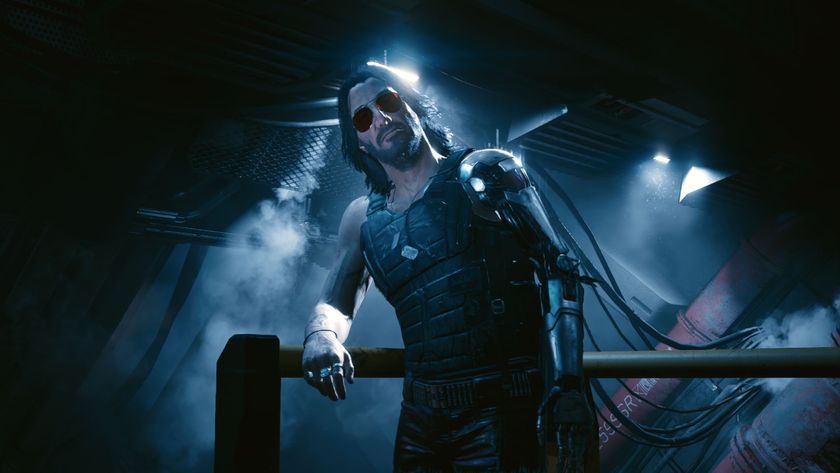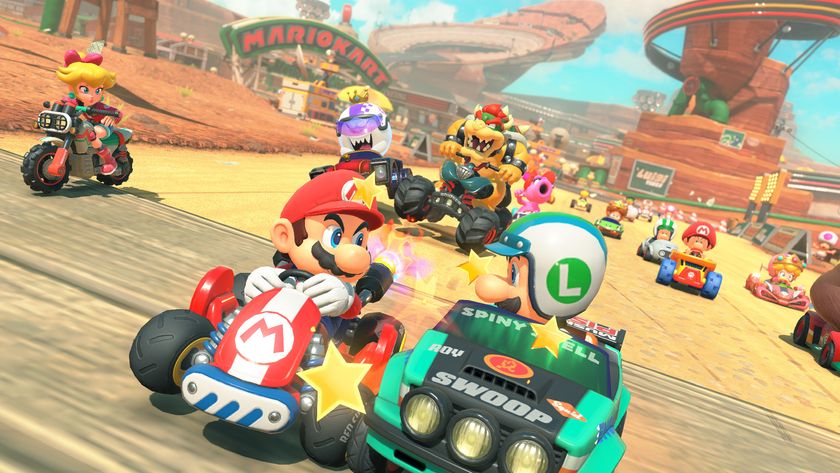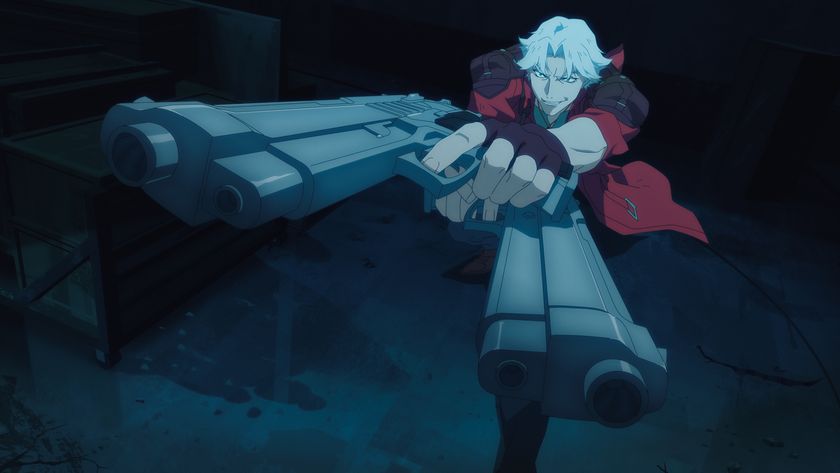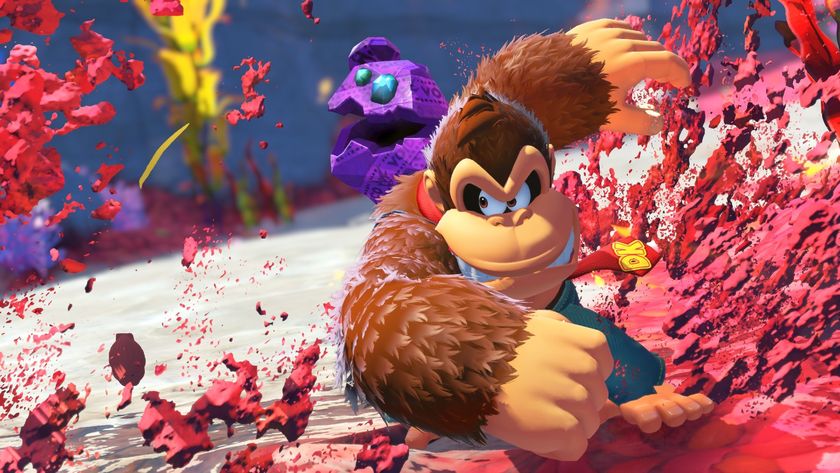9 Watchmen Facts You Need To Know
Before you see the film...
It’s nearly here! Yes, Easter is on the way. But before that… Watchmen.
Zack Snyder’s adaptation of Alan Moore’s “unfilmable” comic series hits cinemas on Friday, so we’re naturally building up to what promises to be one of this year’s biggest film moments.
We thought we’d dig into the history of the comic and look at some themes, ideas and inspirations, plus track down the creators’ thoughts on their work.
There’s also input from a couple of the people who tried to wrangle the source material on to the screen…
Oh, and for you holdouts who have never so much as cracked the comic open… There is naturally a small SPOILER ALERT!
DC Comics balked at Alan Moore’s first pitch for the book, which was intended to utilise characters from the defunct Charlton Comics.
Alan Moore: In my late teens, as I was daydreaming about becoming a comic-book writer, I found myself thinking about a line of '60s superheroes published by Archie Comics: What if one of them was found murdered, and through the investigation, you explored the world they lived in?
Sign up for the Total Film Newsletter
Bringing all the latest movie news, features, and reviews to your inbox
I intended to resurrect that idea with the project that became Watchmen. But when we submitted the proposal, DC realized their expensive characters would end up either dead or dysfunctional.
Dave Gibbons: The Charlton characters were superhero archetypes. There was the Superman figure, the Batman figure.... We realized we could create our own archetypes and tell a story about all superheroes. What were their motivations? How would their very existence change the world?[page-break]
It didn’t arrive fully formed in Moore’s mind. It grew…
Alan Moore: We’d got this situation, and originally we intended it to be a very superior superhero book, but by the time we were into it — issue 3 say - it became clear to us that we could have done it without superheroes. The elements that we started to play up then were ones that were nothing to do with superheroics. The superheroes become icons, symbols of power…
Once issue 3 was in the bag we knew it all. I think there were a lot of elements of serendipity and that’s a whole article in itself. This was the magic of Watchmen.
In terms of what we felt we were doing, in that occasionally you’ll be doing something and by accident you hit it right every time that’s a really wonderful feeling. With Watchmen all of these little coincidences started to creep in.
There’s something of Alan Moore in every character. But he encourages you to draw your own interpretations.
Alan Moore: All the characters in Watchmen have a bit of me in them. I mean, Dr Manhattan has, Rorschach has and Veidt has… Probably Dan and Laurie as well, to a degree.
Amongst the many other things I was trying to say in Watchmen was just that in this world we live in, with all its disparate characters and ambitions there are probably no two people who want the same thing. The world doesn’t work like that anyway. If there’s a central line in Watchmen it’s “Who makes the world?” Then again, that’s just my opinion.[page-break]
The bedraggled captain of Tales Of The Black Freighter that runs through the book is a mirror for Adrian Veidt, but touches thematically on all the characters.
Alan Moore: It was there because it provides another layer that you can use to bounce off meanings against each other. That’s one thing. It’s also that various elements in the pirate story relate, or seem to relate, to what’s happening in that issue.
When you get right to the end of the story, in No 12 is becomes very clear that the story was about Veidt all the time, that the mariner is Veidt. Just that bit where he says at the end, “I know people think me callous, but I’ve made myself feel every death; by day I imagine endless faces, by night I dream about swimming towards a.." Well, I won’t tell you, it’s not significant." What is significant is this: "that I know I’ve struggled across the backs of murdered innocents to save humanity.”
The comic’s big conspiracy story shares plot ideas with an episode of The Outer Limits. But it wasn’t designed that way…
Alan Moore: Around issue 10, I came across a guide to cult television. There was an Outer Limits episode called 'The Architects Of Fear.' I thought: “Wow. That's a bit close to our story.” In the last issue, we have a TV promoting that Outer Limits episode — a belated nod.[page-break]
Alan Moore was scarily prescient when talking about how – if you really had to make a film – Dr Manhattan could work on screen.
Alan Moore: Apparently they asked Arnold Schwarzenegger, “Would you be prepared to shave your head and paint yourself blue for a film?” and he said “sure, if it makes sense.” But will anybody believe that Arnold Schwarzenegger can actually understand the theory of relativity?
Dave Gibbons: I think it’s a case where a certain amount of woodenness would actually enhance the performance.
Alan Moore: My suggestion was for Dr Manhattan to be played by a computer graphic—which I think would work.
The Fountain got in the way of Darren Aronofsky’s attempt to make Watchmen a cinematic reality.
Darren Aronofsky: there had been scripts kicking around for years and we were huge fans. David Hayter’s script was great. We finally read a script were someone had been able to take this very complicated premise and boiled it down. Watchmen is something we had great respect for and didn’t want to take it lightly.
Problem is, the studio wanted to make it the summer we shot The Fountain (2005), which means we’d be in pre-production as we were shooting this, which is not something you can rush. It was timing. It meant so much to us, and I hope they realise that too.[page-break]
Dave Gibbons tried to use the film to correct one of the book’s mistakes – but director Zack Snyder knew people would have a problem with it…
Zack Snyder: I showed him our shooting script and he gave me some notes that were really helpful. I don't think he had a note that I didn't do.
For example, with Rorschach’s joke, Pagillini, or whatever, he said, "You know, we got that wrong. We really wanted it to be this..." And I said, "Yeah, I can't change that. Because I'd be explaining that every time." People would see the movie and say, "that's wrong!" Dave can explain that!
Everyone’s sure there can be no spin-offs now, but even Moore flirted with the idea back in 1988.
Alan Moore: The only possible spin-off we’re thinking of is - maybe in four or five years time, ownership position permitting - we might do a Minutemen book. There would be no sequel.
Dave Gibbons: I think that’s one of the things that adds to the book. When you think of people you know, there are certain areas of their lives you know a lot about and there are other areas you know nothing about - you get years and years where you don’t know what happened to them.
At one point that Comedian storyline was suggested to us by DC, to fill in the mosaic and define things. All it would do be to destroy the reality and dilute the whole thing. I think if you read the book closely and you’re fairly intelligent, you can fill in that kind of thing.
Liked This? Then see:
- Why Alan Moore Hates Comic Book Movies
- 14 Utterly Bizarre Watchmen Collectibles
- 7 Insane Comic Books That Will Never Be Movies
Plus!
- 9 Songs That Should Be On The Watchmen Soundtrack (From MusicRadar)
Sign up for our free weekly newsletter
Get the latest movie news, features and reviews delivered straight to your inbox. Sign up here!
Follow us on Twitter
Instant updates, chat with us and join in the conversation. Start here!
The Total Film team are made up of the finest minds in all of film journalism. They are: Editor Jane Crowther, Deputy Editor Matt Maytum, Reviews Ed Matthew Leyland, News Editor Jordan Farley, and Online Editor Emily Murray. Expect exclusive news, reviews, features, and more from the team behind the smarter movie magazine.
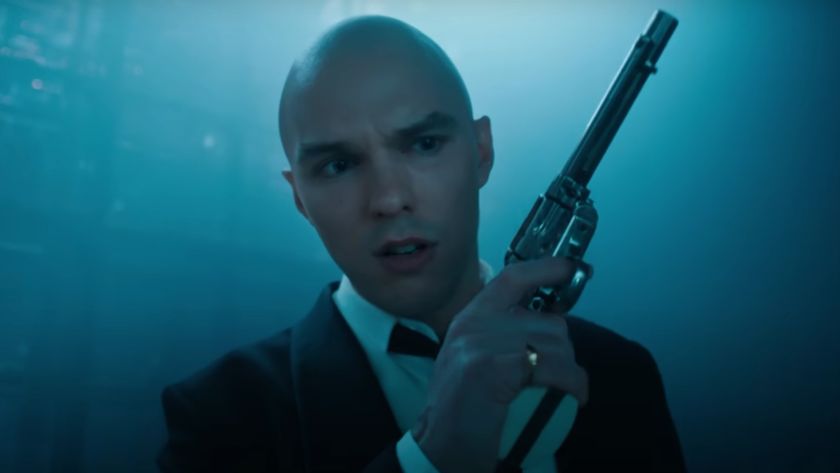
Superman star Nicholas Hoult reveals the "magic" moment when David Corenswet first flew onto set as the Man of Steel: "I felt like I was witnessing the magic of cinema"
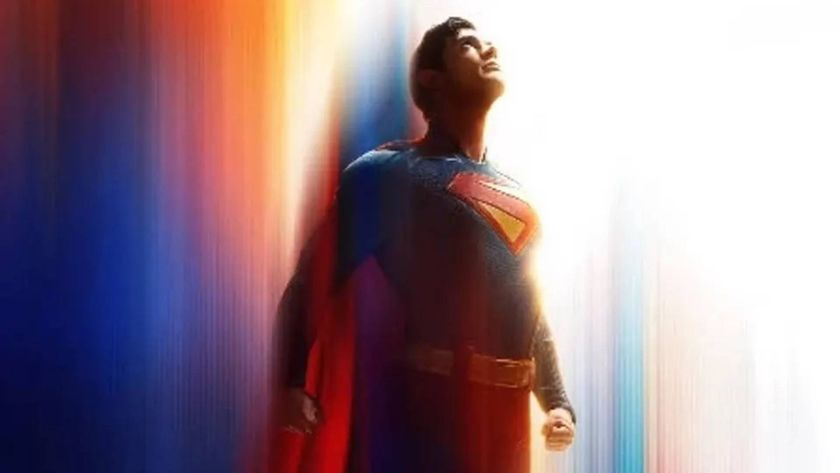
Superman's David Corenswet wants DC to adapt the animated show storyline where the Man of Steel switches places with Batman: "That would be fun"
